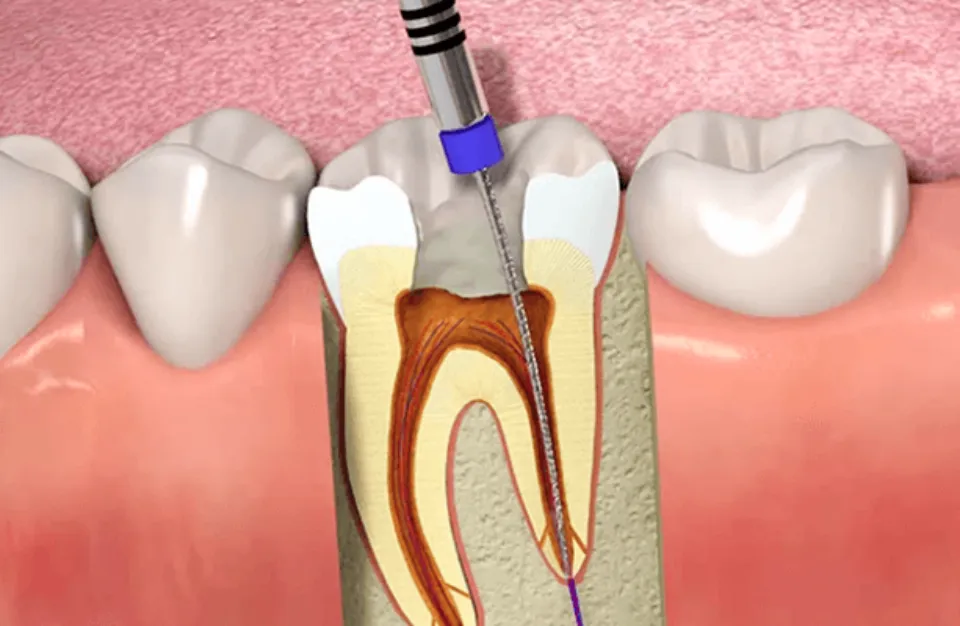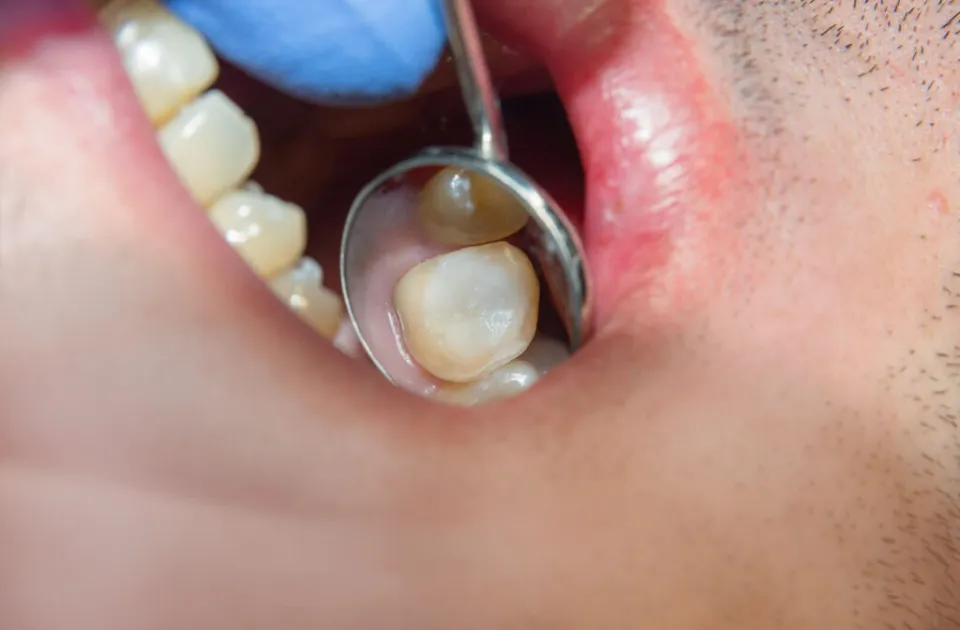
Are Root Canal Safe – Debunking Common Myths
Root canals have been the subject of dental myths and misconceptions for a long time, which has caused patients anxiety and uncertainty.
In this article, we will dispel widespread misconceptions about root canals and clarify their security and efficiency. We’ll discuss the myths surrounding root canals, including those regarding pain, dangers to one’s health, and tooth loss, and we’ll offer evidence-based information to allay these concerns. You’ll be better equipped to make decisions about your dental health if you know the truth about root canals.
Examining the safety and advantages of root canals will help us distinguish fact from fiction.
What is a Root Canal?

If bacteria have entered the interior of your tooth, a root canal procedure may be able to prevent you from needing a tooth extraction. To gain access to the inside of the tooth during the procedure, the endodontist will carefully crack it open. Then they will eliminate all bacteria and eliminate any decayed, inflamed, or infected material. They will fill the canals after thoroughly cleaning the inside of the tooth.
After receiving a root canal from an endodontist, you must visit your dentist to have the tooth covered with a crown to prevent further decay and cavities. (Read More: Can Cavities Cause Headaches)
Read More: How Long Does a Root Canal Take
When is a Root Canal Needed?
When oral bacteria infect the pulp inside of your tooth, root canal therapy is required. When a cavity is neglected for a long time, this typically occurs. It can also happen if trauma causes your tooth to crack or become damaged.
Risks of Root Canal Treatment
When you ask, “Are root canals safe?” you will always get people who mention the risks of the treatment. There are risks involved with all medical procedures. Your dentist has chosen to proceed with the procedure because the benefits outweigh the risks.
The risks of not getting a root canal include a tooth infection that spreads to your jaw, excruciating pain, bone loss, and tooth abscess. If you have a skilled, experienced professional endodontist perform the procedure, the risks associated with having a root canal can be reduced. These dangers include getting infected by bacteria that are left behind or finding areas that need surgery or extraction because a root canal cannot treat them. In actuality, the risks of getting a root canal are much less harmful to your health than the alternative. In light of this, are root canals safer than waiting to receive treatment? Absolutely yes is the appropriate response to this question.
Read More: How Long Can A Cavity Untreated
What Are Some Symptoms That Indicate You May Need Root Canal Treatment?
You might not always be aware that you have an infected tooth. Certain symptoms, though, are noticed by many people. Signs you need a root canal include:
- Tooth pain that doesn’t go away: Tooth pain can be brought on by a variety of dental issues. Needing root canal therapy may be necessary if you experience deep tooth pain. Your jaw, face, or other teeth could experience discomfort as well.
- Sensitivity to heat and cold: You may require root canal therapy if your tooth hurts when you eat ice cream or drink hot coffee. This is especially true if the pain lasts for a prolonged period of time.
- Swollen gums: Pus may build up around an infected tooth when it is infected. As a result, your gums may become swollen, puffy, or tender.
- Pimple on the gums: On your gums, you might get a pimple or a boil. An unpleasant taste or odor may result from pus from the infected tooth draining from the pimple.
- Swollen jaw: In some cases, the pus at the wound site doesn’t drain. Your jaw may consequently show signs of visible swelling.
- Tooth discoloration: You may notice a change in the color of your tooth if the pulp of the tooth becomes infected. This happens as a result of the tooth’s inadequate blood supply.
- Pain when pressure is applied: If you experience pain when you chew or touch your tooth, the pulp’s surrounding nerves may be damaged.
- A chipped or cracked tooth: Bacteria can get into the tooth pulp if you’ve cracked a tooth due to an accident, an athletic injury, or even from biting down on something hard.
- Loose tooth: The sensation of a loose tooth may increase. This is due to the fact that the bone supporting the tooth can become softer due to the pus from the infected pulp.
Are Root Canals Safe?

Therefore, the answer is yes when it comes to the safety of root canals. In actuality, this procedure is safer and less painful than in the past thanks to modern endodontic equipment made to more efficiently remove bacteria during tooth cleaning and better pain management. It’s time to reevaluate your beliefs regarding root canal therapy. You can have this procedure done to relieve your pain and save a tooth.
Also Read: How to Avoid Root Canal
Do Root Canals Hurt?
Many people worry that after receiving root canal therapy, their teeth will hurt. However, the majority of patients experience immediate relief after treatment because the infection’s source is eliminated during the procedure. Call your healthcare provider right away if you are in excruciating pain following a root canal.
Who Should Perform My Root Canal Procedure?
A general dentist or an endodontist (a specialist in root canals) performs root canal therapy. Since the teeth at the front of the mouth have fewer roots, general dentists can frequently treat them. You might be referred to an endodontist if you require root canal therapy on a tooth with multiple roots or if your case is complex.
Read More: What to Eat After Root Canal Surgery





Average Rating